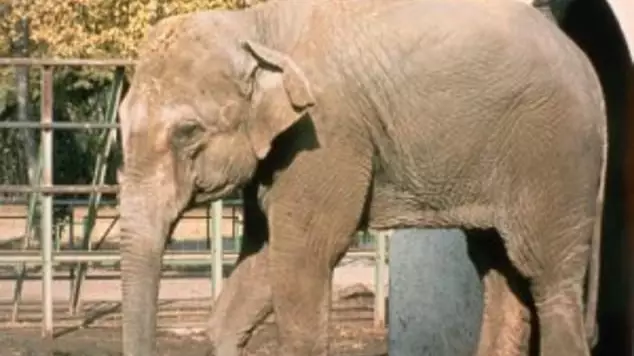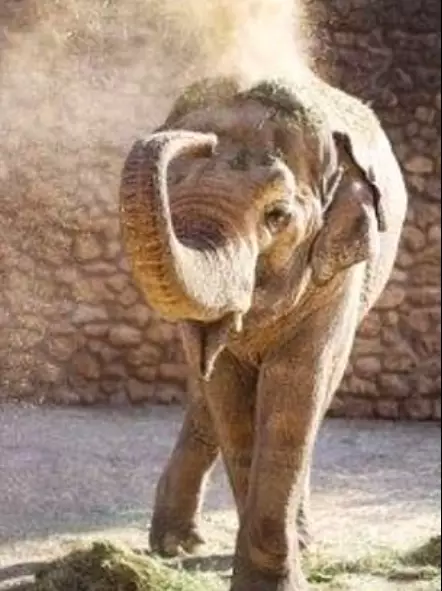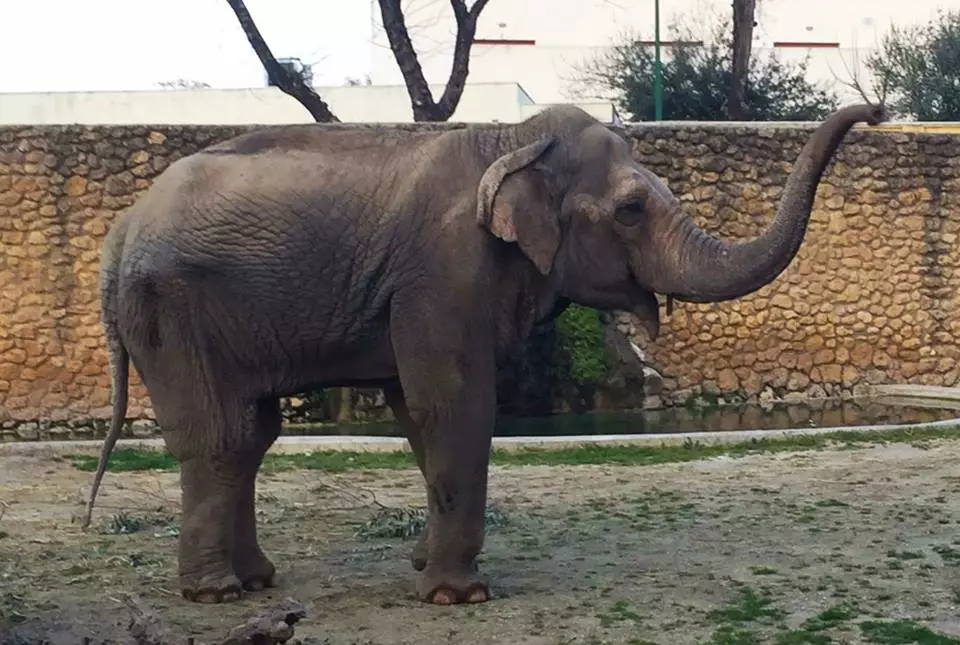
Flavia the elephant, labelled 'the saddest in the world' by animal rights activists, has tragically died at the age of 47, after 43 years in solitary confinement in a Spanish zoo.

Poor Flavia had spent more than four decades living alone in her enclosure at Cordoba Zoo in southern Spain when she had to be put down last week.
Advert
Animal rights groups had made several attempts to have Flavia moved to a different zoo so she could be homed with other elephants, but were unsuccessful.
Flavia's health had deteriorated and weight plummeted for several months and she was said to suffer from depression, The Local reports.
She collapsed in her enclosure on Friday, and was euthanised when she was unable to climb to her feet.
Advert
Zoo authorities announced her death on Friday ""with great sadness" and said her keepers were devastated by the loss.
The councillor in charge of Environmental issues at Cordoba City Hall, Amparo Pernichi, announced on the website that Flavia's death was "a tremendous blow in general for the zoo family.
"During the last six months, Flavia's physical condition had deteriorated, but especially so in the last two weeks."
He called Flavia "an icon of the city" and expressed that she would be terribly missed.
Elephants are highly social beings and live in tight-knit family units in the wild, so the fact that Flavia lived and died alone was a tragedy.
Advert
African elephants live in herds with an average of just over 11 members, but 'mega herds' of several hundred and up to 1,000 individuals have been recorded in the wild.
A 2009 study found that interaction with other elephants provides 'the single most significant form of enrichment' to the lives of animals living in captivity.

Solitary elephants have even been reported as resorting to 'self-harm', such as biting themselves, or displaying behaviour indicating mental health issues, such as rythmic swaying in their pens.
Featured Image Credit: Facebook/ Zoo de Cordoba